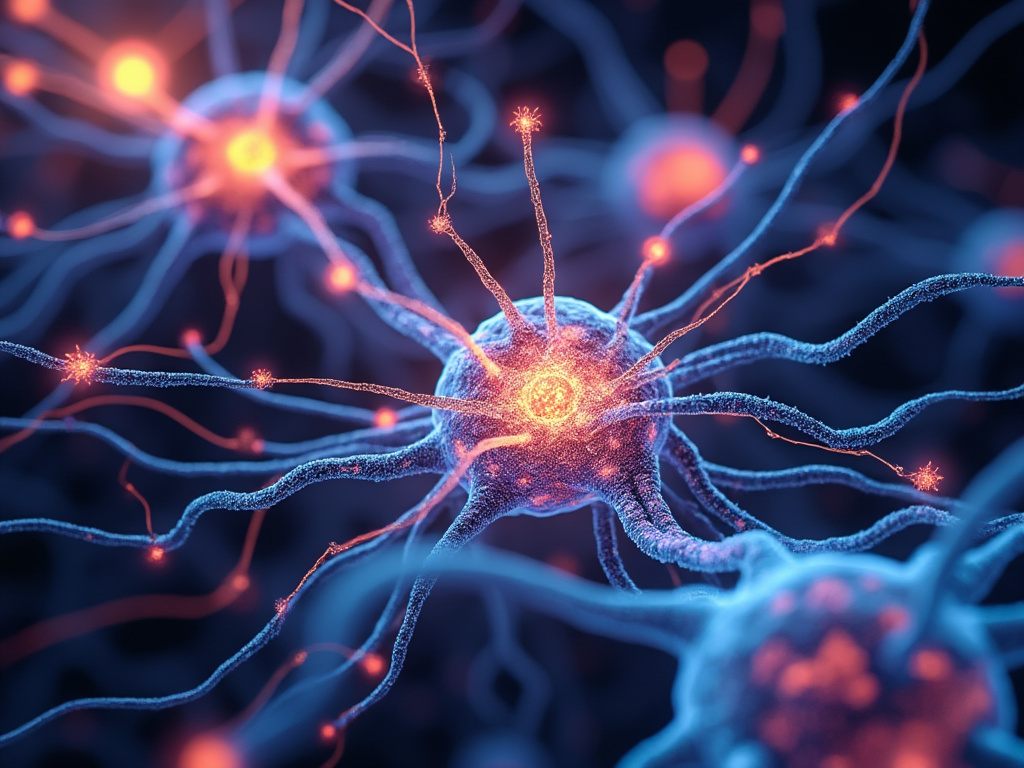In today’s increasingly connected world, wireless technology plays a pivotal role in our daily lives. From smartphones to Wi-Fi, these technologies are omnipresent. However, as we embrace these conveniences, it’s crucial to understand the potential risks associated with them, particularly for the most vulnerable among us—our children. A growing body of research, including the comprehensive […]










